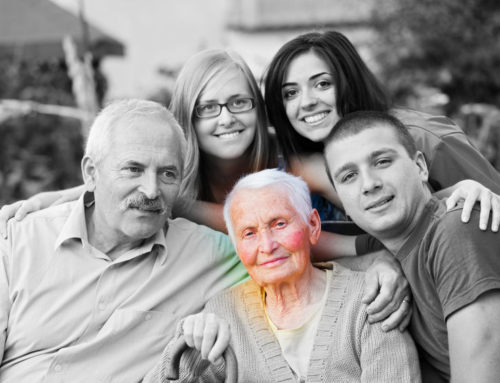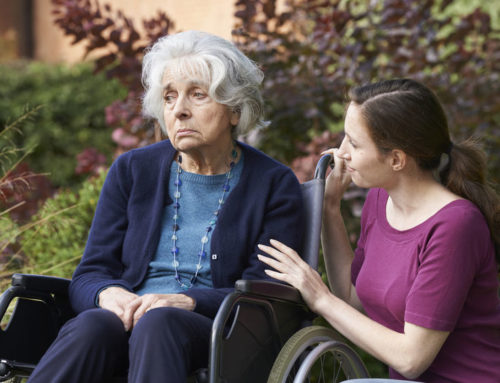When a diagnosis of Parkinson’s or Alzheimer’s disease is made, many uncertainties come along with the diagnosis. Both disease are chronic, meaning they continue over a long period of time, and both are progressive, meaning they get worse as time goes on. No two patients will experience the same symptoms and stages at the same rate. For example, some Parkinson’s patients never experience dementia, while others may have early or late onset of cognitive problems.
It is very important to consult with your loved one’s doctor and get a realistic picture of what the future holds, and where the disease is now. When your loved one will be experiencing declining physical health, memory loss, confusion and behavioral changes, your doctor’s early diagnosis provides:
- Less anxiety about the future
- More time to make decisions about long-term care
- More time to handle estate planning
- Narrowing the choices for care at various stages
- Better chance of benefiting from treatment options
Once the diagnosis has been made, many people find it helpful to locate support groups for loved ones of Parkinson’s or Alzheimer’s patients. Others that have been through your situation can provide a level of advice and support that no doctor or attorney can provide.
Additionally, consult with an elder law attorney as soon as possible following the diagnosis. It is much easier to make plans while your loved one is able to help, versus later when you are in dire need of financial assistance to provide for his or her care.





